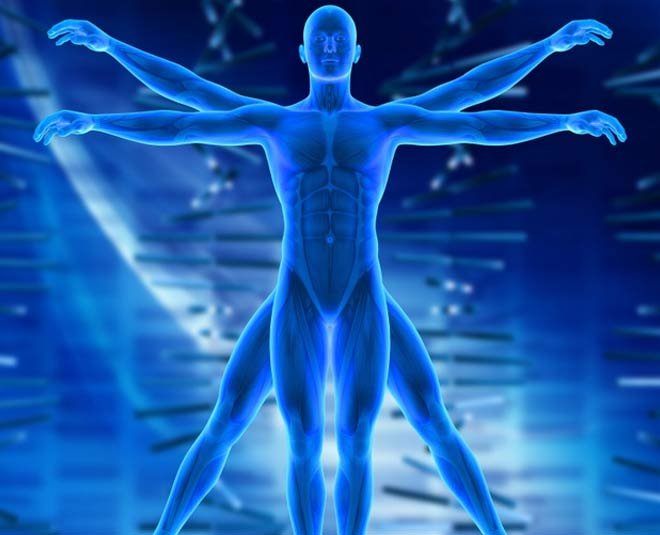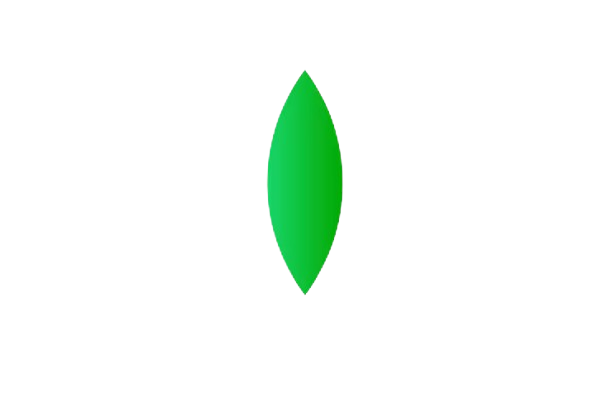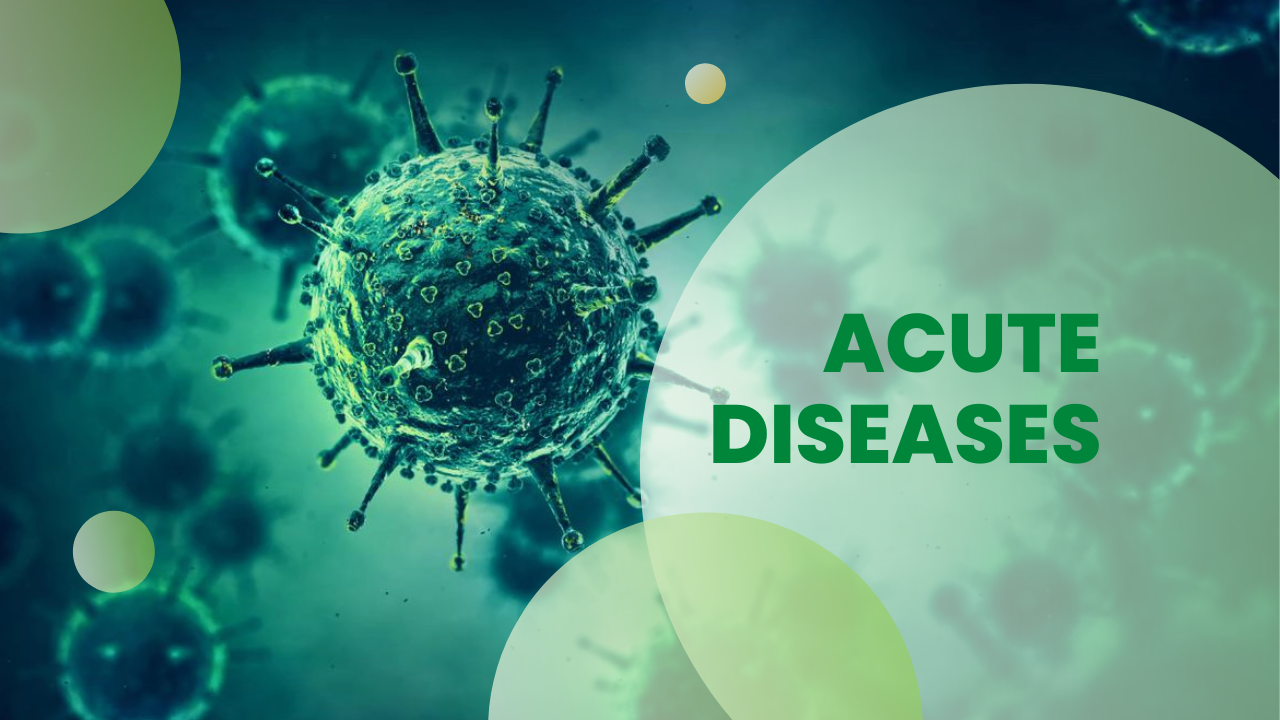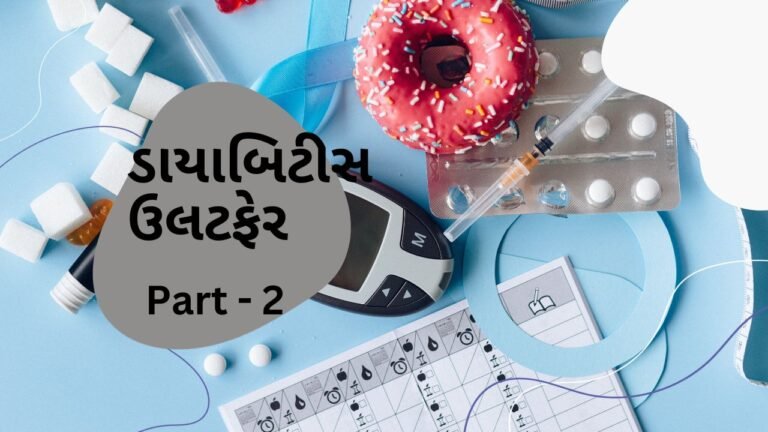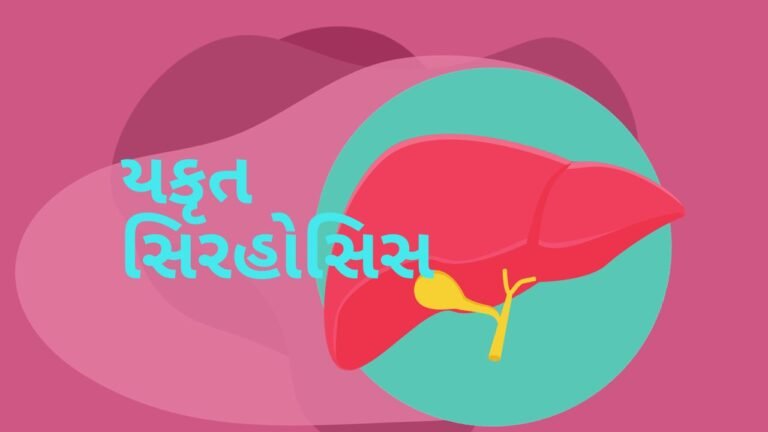Acute Diseases
Acute Diseases
What is Naturopathy?
Modern medical technology and conventional practices are combined in naturopathy. It includes complementary natural therapies to modern medicine.
The focus of naturopathy is on:
- Enhancing the body’s natural ability to heal
- Preventing health issues.
- A personal obligation to promote health

Education and prevention are the main goals of naturopathic treatment plans. Diet, exercise, and stress management are frequently emphasised.
Individual treatment plans are developed using a variety of naturopathic principles and beliefs.
These principles and beliefs are:
- Self-healing: By recognising and removing barriers to recovery, one can promote natural healing.
- Underlying symptoms: By treating the body, mind, and spirit, a naturopathic physician can resolve underlying medical or psychological conditions rather than just masking symptoms.
- Harmless treatment: Treatment regimens shouldn’t have negative side effects or inadequately manage symptoms.
- Holistic care: In order to effectively address every aspect of a patient’s health, a naturopathic physician must acknowledge individuality.
- Treatment through education: Naturopathic doctors promote self-care to help people fight illness.
- Prevention: Removal of toxic substances from a lifestyle is a good way to stop issues from developing.
- Acupuncture, herbal medicine, and homoeopathy are examples of possible treatments.
A naturopathic doctor may provide the following therapies:

- Recommendations regarding nutrition and diet
- Behavioural modifications like exercise and lifestyle
- Homoeopathy, which is a form of natural medicine.
- herbal dietary supplements
- Detoxification
- Psychotherapy
- Manipulative therapy, for instance, puts pressure on certain parts of the body to establish balance
- Hydrotherapy, which is a water-based form of treatment.
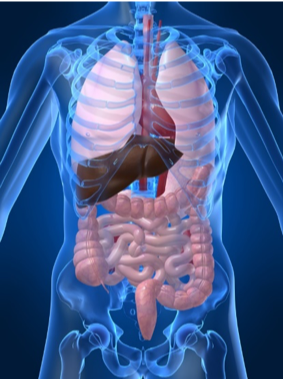
What is an Acute Disease?
Acute conditions are those that start out suddenly, show symptoms quickly, last for a brief period of time, and typically go away on their own. The most prevalent instance of an acute condition is the flu. It typically strikes people quite suddenly and results in a runny nose, congestion, and watery eyes that last for three to four days. But these signs typically go away on their own without any kind of medical attention.
We all suffer from a health issue at some point in our lives, whether it be the annoying flu or the common cold. While some health problems will go away on their own, others need immediate medical attention, so it’s crucial to know when to get the right care.
Common signs of acute diseases include those listed below:

- Fever
- Sore throat
- Cough
- Sneezing
- Earache
- Diarrhoea
- Clogged nose
- Nausea
- Ras
- Headache

Serious Acute Conditions
Numerous acute diseases are treatable with a straightforward course of antibiotics or other prescription medications, or they may be self-limiting and resolve on their own.
But some acute illnesses manifest symptoms that are potentially fatal and appear out of the blue. These consist of:

- Chest pain
- Asthma Attack
- Pneumonia
- Appendicitis
- Organic failure
- Acute bronchitis
Causes of Acute Conditions:
Different things will cause different acute conditions. There are some common components, such as those linked to respiratory illnesses, though. The majority of severe infections are caused by bacterial, viral, or even accidental agents.

How to Recognize an Acute Condition?
To determine whether a condition is acute or chronic, there is a specific standard. Identification is crucial for diagnosis and, if necessary, creating the best treatment plan. Additionally, it establishes the anticipated length of the treatment and can protect you from a number of health risks. Examining the symptoms and how long they last is the quickest way to spot an acute condition. The condition is most likely acute if the symptoms appeared suddenly and were minor, meaning they vanished within six months or less.
The ability of the human body to heal itself is enormous, amazing, and persistent. When we abuse or deny our bodies the essentials, they need to keep us healthy for long periods of time, disease usually results.
What are Toxins?

A toxin is a harmful substance that can be produced artificially or naturally. When toxins are created naturally, they do so within living cells or organisms. Although these natural toxins are not harmful to the organisms themselves, they can be harmful to other creatures, including people.
Where do toxins come from?
We are exposed to toxins more frequently than ever before today.
External chemicals, also known as toxins, are present almost everywhere. Toxin exposure can happen to us at any time, from too much sugar to pollution to preservatives. Even our skin care products contain them. Nowadays, manufactured toxins are so pervasive that it is almost impossible to completely avoid them.
How do toxins enter the body?
There are many ways that toxins can enter the body, including breathing, drinking, eating, and even going outside. Simple daily tasks like putting on clothing, applying body care products, and wearing cosmetics can all expose us to toxins.

We have opportunities to come into contact with toxins even from things we come into contact with in our homes, workplaces, and gyms. When you think about it seriously, it’s a terrifying thought! In fact, we have very good reasons to be concerned about toxins and exposure to toxins.
Symptoms of toxin build-up in the body.
- Hair fall
- Fatigue.
- Weak toenails.
- Bad breath
- Nausea.

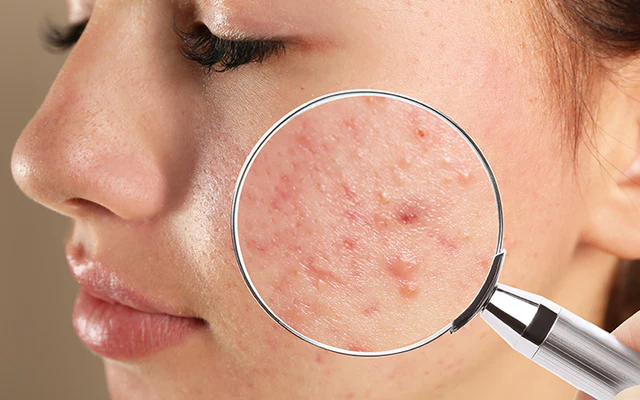
- Weight gain
- Breathing problems
- Stinky sweat
- Pimples/ Acne
- Stress
- Trouble sleeping
A healthy body fights off illness, treats injuries, kills cancer cells, mends damage, and delays ageing. But it takes more than just going to the doctor when something goes wrong to maintain and restore health so your body can utilise the natural healing processes. When cells become unhealthy, they can repair themselves by replicating to replace the dead or damaged cells. When a bone is broken, your body immediately starts to produce new cells to repair the damage. When you cut your skin, platelets in your blood form a clot to stop the bleeding, white blood cells clear the cut tissue of dead, injured cells, and fresh, healthy cells replace the tissue that has been lost. Daily deterioration is also swiftly addressed. In actuality, our bodies are constantly repairing damage and creating new, healthy tissue. Our immune system is also designed to defend against outside invaders like viruses, bacteria, and toxins. Invaders are captured by mucus, killed by the acids in various organs, and destroyed by phagocytes, a type of white blood cell. Natural killer cells eliminate the virus-infected cell when they detect an invasion of one of our own cells by a virus. Even though it may not seem like it, your body’s response to an injury or infection is inflammation. This allows your immune system to concentrate on healing the injured or infected area. When you have a fever, your body raises its temperature to levels that will kill bacteria and viruses.
Naturopathy: 5 element concepts
The Panchamahabhutas, or Earth, Water, Fire, Air, and Ether, are the fundamental elements of the body and the basis for Naturopathy treatment. These substances are used to strengthen the immune system against disease-causing organisms in and around us as well as to revitalise and regenerate the body.
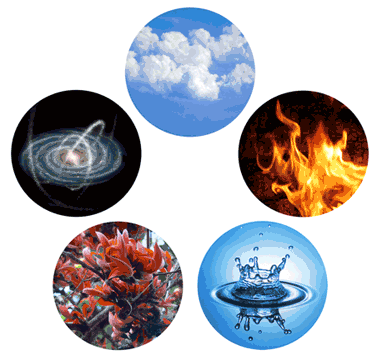
In the YAJUR VEDA (5000 BC), the Panchamahabhuta theory can be found in the seventh, eighth, and ninth chapters of the titreya division of the Krishna Yajur Veda, which makes up the titreya Upanishad.
The phrase “SARVAM DRAVYAM PANCHABHOUTIKATVAM”
Panchamahabhutas is the creator of everything on earth.
Nothing on earth is made of anything other than these Panchamahabhutas. Both the natural world and the human body contain these Mahabhutas.
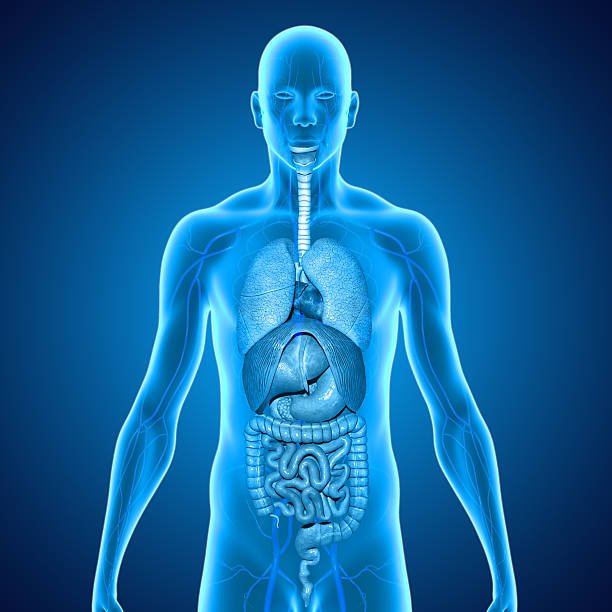
The human body is made up of an organ system that consists of human organs; tissues and cells make up the tissues, which in turn make up the organs. Therefore, cells themselves make up the entirety of the human body. There are approximately 100 trillion cells in the human body.
These five elements combine in a special way in even a single living cell:
- The earth element provides the framework for the body.
- The cytoplasm, or liquid inside the cell, contains the element water.
- The metabolic activities occurring within the cell represent the fire.
- The exchange of gases is a representation of air.
- The area occupied by the cell represents ether or space (The pores through which nutrition reaches the cell and the waste metabolic products are excreted out).
Any element that is impure or that is out of balance with another element in the body is the cause of disease.
1. Imbalance of the water element: This manifests as excessive mucus production, colds, sinusitis, glandular enlargement, tissue oedema, thinning of blood, or blood clotting.
2. Imbalance of the earth element: This manifests as generalised weakness in the body, bone loss of calcium, obesity, high cholesterol, fluctuating weight, muscular diseases, etc.
3. Imbalance of the fire element: Shows up as fever, inflammatory skin conditions, increased body heat or cold, excessive sweating, hyperacidity, slow digestion and nutrient absorption, toxins in the body, diabetes, etc.
4. Imbalance of the air element: causes depression, dry skin, blood pressure issues, lung issues, dry coughs, bloating, constipation, lethargy, and insomnia.
5. Imbalance of the space element: This manifests as ear diseases, epilepsy, mania, speech disorders, throat problems, and thyroid disorders, among other things.
“All diseases can be cured, but not all patients.” — Unknown
If you have faith, the sixth element, you can be healed. You should have patience and faith if you choose naturopathy. Patience is required because healing takes time and can take days or even months.
